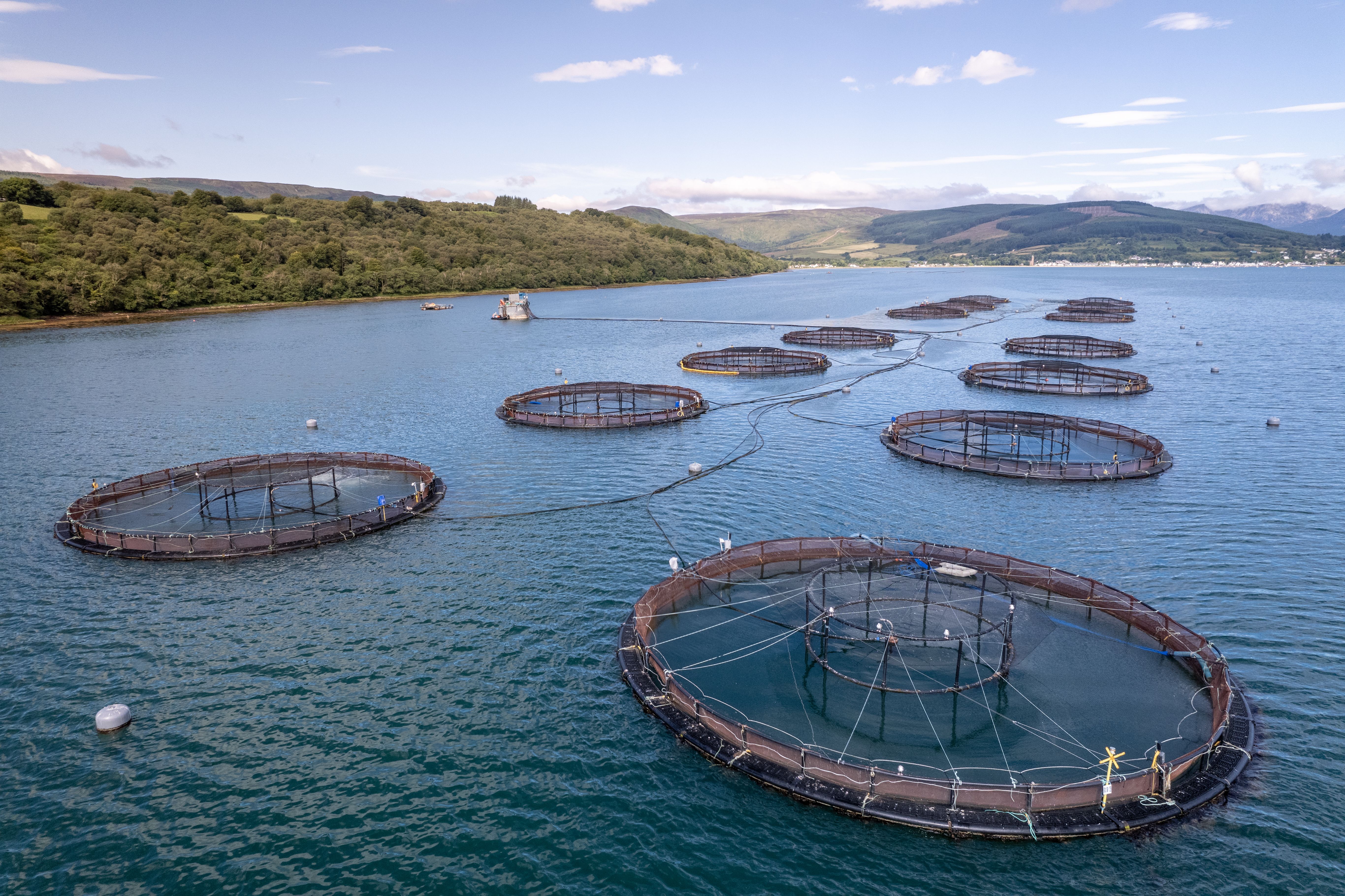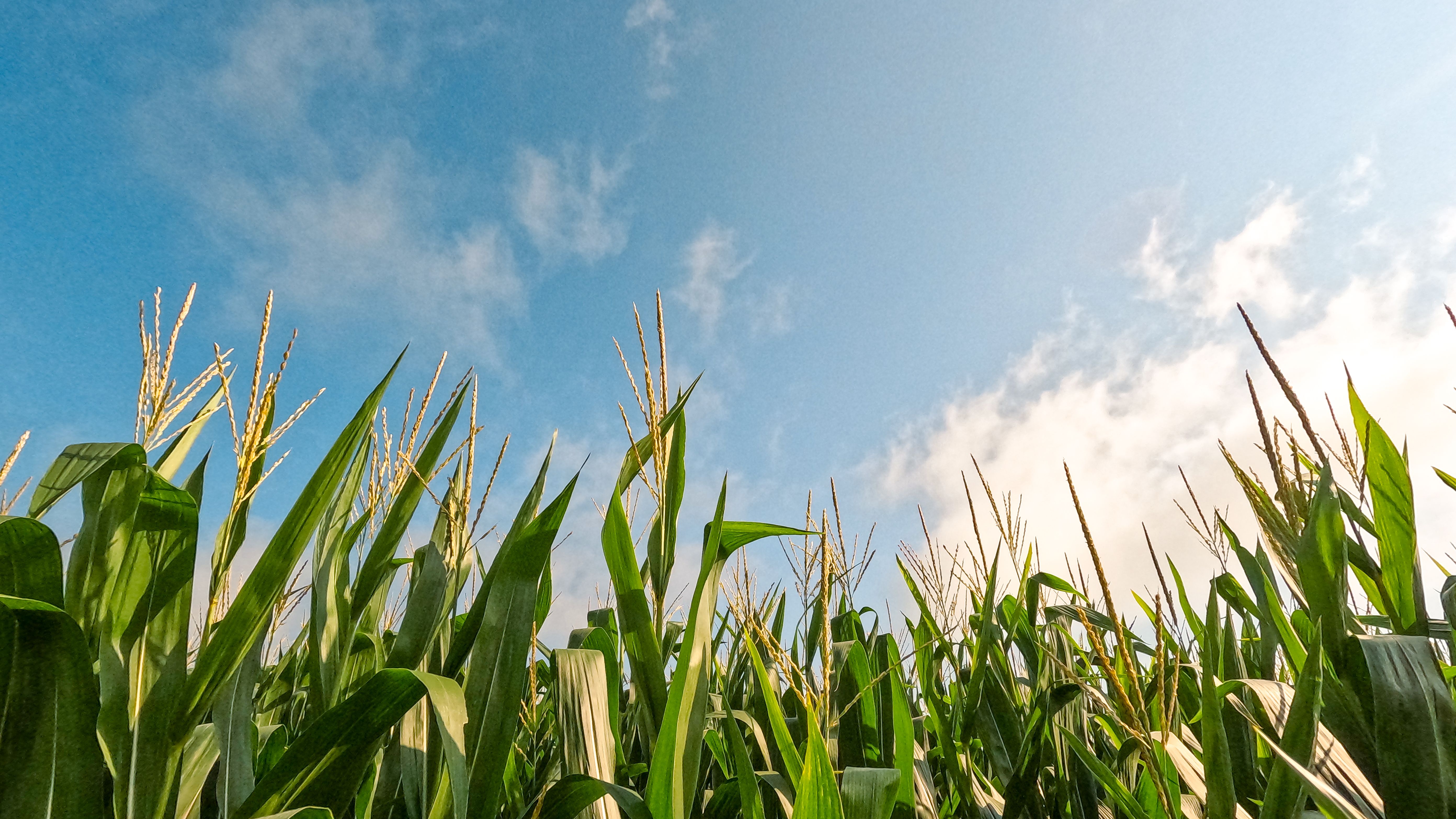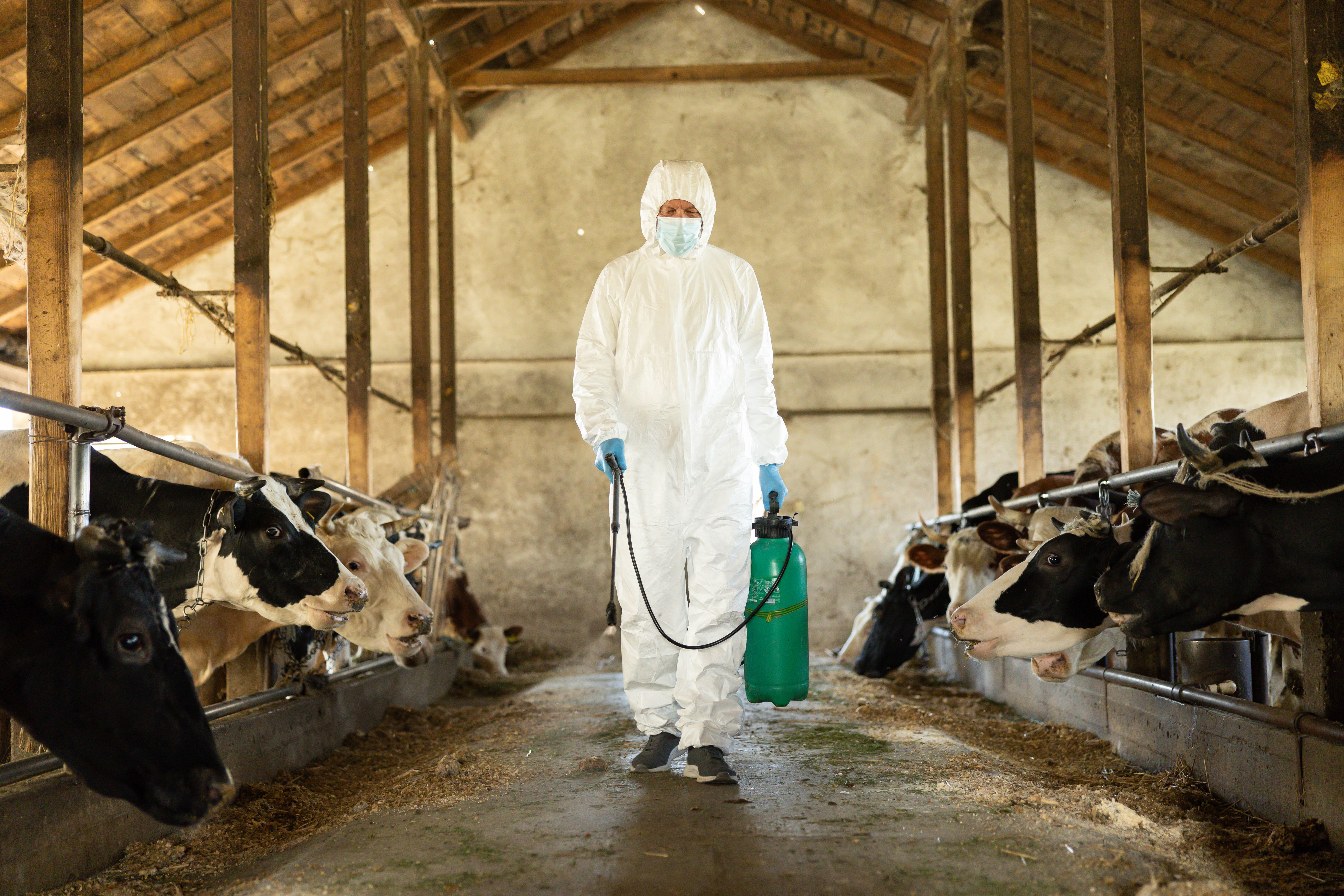Prioritizing Local Market: Nigeria's Path to Self-Sufficiency in Fish, Agri-products, and Meat
Introduction to Nigeria's Local Market Potential
Nigeria, a country rich in natural resources and vibrant cultures, is increasingly focusing on self-sufficiency by prioritizing its local market. With a growing population and rising demand for food, the nation is turning its attention towards boosting the production of fish, agricultural products, and meat. This strategic shift not only aims to reduce reliance on imports but also to enhance food security and foster economic growth.
By harnessing its abundant natural resources and leveraging indigenous knowledge, Nigeria can transform its agricultural sector into a powerhouse. This transformation requires concerted efforts from both the government and private sectors, ensuring that local producers have the support they need to thrive in a competitive market.

Empowering Local Fish Production
Fish is a staple in the Nigerian diet, providing a crucial source of protein for millions. However, the nation has historically depended heavily on fish imports to meet domestic demand. To change this narrative, Nigeria is investing in local fish farming initiatives. Aquaculture offers immense potential due to the country's vast water resources and favorable climate.
Government programs are being introduced to support fish farmers, including access to credit facilities, training on sustainable practices, and improved infrastructure. By encouraging local production, Nigeria not only reduces its import bill but also creates job opportunities and fosters rural development.

Challenges and Opportunities in the Fish Sector
While the opportunities are promising, challenges such as inadequate infrastructure, high feed costs, and lack of technical expertise remain. Addressing these issues requires a multifaceted approach involving policy reforms, private sector investment, and community engagement. With the right strategies in place, Nigeria's fish sector can become a model of sustainable growth.
Boosting Agricultural Productivity
Agriculture is the backbone of Nigeria's economy, employing a significant portion of the population. To achieve self-sufficiency in agri-products, it is essential to enhance productivity through modern farming techniques and technologies. Investment in research and development is crucial to developing high-yield crop varieties resilient to climate change.
The government is promoting policies that encourage local production, such as subsidies for seeds and fertilizers and the development of irrigation systems. By prioritizing these initiatives, Nigeria can increase its agricultural output and reduce dependence on imported food items.

Role of Farmers and Technology
Nigerian farmers are at the heart of this transformation. Empowering them with access to technology and knowledge is vital for sustained growth. Mobile platforms providing real-time information on weather patterns, market prices, and farming techniques are proving invaluable in enhancing productivity and profitability.
Enhancing Meat Production
Meat consumption in Nigeria is on the rise, driven by urbanization and increasing incomes. To meet this demand locally, there is a need to develop sustainable practices in livestock farming. Initiatives are underway to improve breeding techniques, animal health services, and feed quality.
The local meat industry has the potential not only to satisfy domestic demand but also to position Nigeria as a significant player in the global market. By focusing on quality standards and certification processes, Nigerian meat products can gain a competitive edge internationally.

Building a Resilient Livestock Sector
A key aspect of building resilience in the livestock sector is addressing environmental impacts. Sustainable grazing practices and waste management systems are essential to minimize ecological footprints. Additionally, strengthening supply chains and market access will ensure that local producers can compete effectively both domestically and abroad.
Conclusion: A Path Towards Self-Sufficiency
Nigeria's journey towards self-sufficiency in fish, agri-products, and meat is a path filled with challenges but also immense opportunities. By prioritizing local markets, the country can achieve food security while spurring economic growth and improving livelihoods. It requires a collaborative effort from all stakeholders—government, private sector, farmers, and communities—to realize this vision.
The future of Nigeria's agricultural sector lies in innovation, resilience, and sustainability. As the nation embarks on this transformative journey, it sets an example for other countries striving for self-sufficiency in an increasingly interconnected world.
